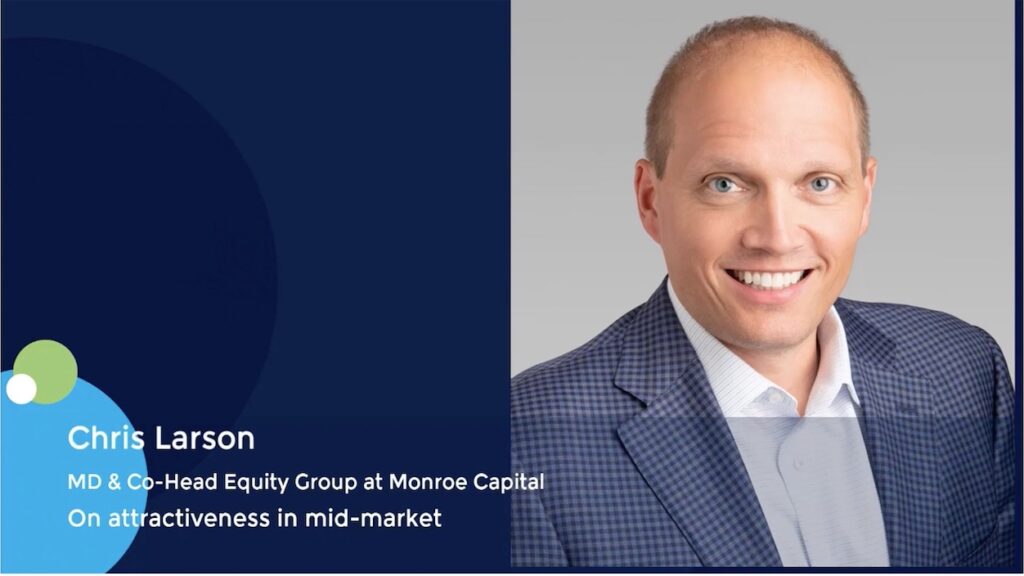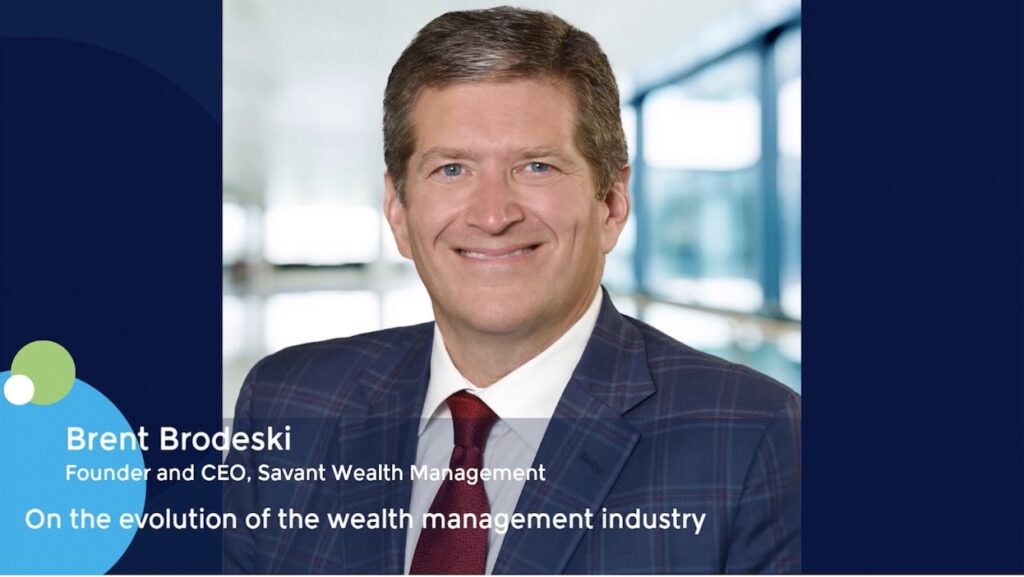Hub International advances IPO preparations as scale, investor base signal 2026-2027 listing window – CEO
Hub International is accelerating its IPO readiness efforts and expects to be prepared operationally for a listing by late 2026 or early 2027, CEO Marc Cohen told Mergermarket.
The Chicago-based insurance broker, which recently raised USD 1.6bn in a common equity transaction, has been methodically expanding its investor base, upgrading governance, and laying the technical groundwork for a public listing.
This marks the first time Cohen has publicly discussed Hub’s public markets plans in detail. Timing remains subject to market conditions and board approval, but Hub has already initiated Sarbanes-Oxley compliance, legal, accounting, and regulatory preparation workstreams, he said.
“An IPO is an option that we want to have on the table, so that when the time is right, we’re ready to go,” Cohen said. “We wouldn’t be making these investments if we didn’t feel that it can be part of the next phase of our journey.”
The company has engaged consultants to assist with IPO readiness, including financial reporting and compliance. While Hub has not yet selected a listing venue, both NYSE and Nasdaq have expressed interest and early discussions are underway, Cohen said.
Most of Hub’s publicly listed peers, including Arthur J. Gallagher, Brown & Brown, and Ryan Specialty, trade on NYSE.
Goldman Sachs and Morgan Stanley, who advised on the recent capital raise, remain engaged with Hub, though no IPO syndicate has been formally appointed. Full syndicate selection will follow once Hub finalizes its listing decision and timeline, Cohen said.
A pre-IPO private round may still be a possibility, though no decision has been made, he added.
A crossover phase
In May, Hub announced a USD 1.6bn private raise that valued the company at USD 29bn. The round was led by T. Rowe Price, Alpha Wave Global, and Temasek.
The valuation already makes Hub the highest valued private insurance broker globally, as reported previously by this news service, with an IPO expected to push that figure well above USD 30bn, given public peers such as Arthur J. Gallagher and Brown & Brown trade at higher EBITDA multiples.
Hub’s USD 1.6bn raise brought a notable shift in its shareholder mix. Where previous rounds had been primarily led by private equity sponsors, the most recent transaction introduced public-oriented investors, including mutual funds, hedge funds, sovereign wealth funds, and Canadian pension funds.
Cohen personally led approximately 100 investor engagements over 15 months, ultimately narrowing the group to 40 firms and then to five anchor investors. The transaction was structured entirely as common equity, with no preferred shares or convertible instruments, and no existing shareholders sold shares. “There’s no preferred shares within the ownership structure. All investors, old and new, and the management team own the same class of stock,” Cohen said. “None of our existing investors sold a single share.”
Hellman & Friedman remains Hub’s majority shareholder, with Leonard Green & Partners joining as a minority investor in 2023 and Altas Partners as a minority investor since 2018. Management maintains a meaningful equity position, he said.
Cohen noted that Hub’s scale increasingly aligns with public-market capital formation, as private markets offer diminishing governance and ownership flexibility at current valuations. “You get to a point where I ask firms to write a large check in a private company, and in return they’re getting very small ownership, very little governance, no board seat,” he said.
During crossover investor diligence, Hub fielded sustained questions around its ability to maintain organic growth through market cycles. Cohen stressed Hub’s focus on client acquisition and retention as core levers under management’s control, contrasting with rate-driven growth dynamics.
Hub has invested heavily in producers, sales teams, client servicing, and retention tools to support organic growth.
For full-year 2025, Cohen expects Hub to remain among the leaders across organic growth, M&A, and margin performance.
Hub’s enterprise value has grown from approximately USD 4bn in 2013, to USD 10bn by 2018, USD 23bn in 2023, and currently stands at around USD 29bn following its 2024 raise, Cohen said. EBITDA for 2024 reached USD 1.8bn, he said.
Leverage sits at approximately 5.5x post-raise and is expected to decline further toward a 2.5x to 3.5x target range post-IPO, consistent with listed insurance brokerage peers, he added.
“We feel really good where we are,” Cohen said. “We’ve got a clean path to where we need to be from a leverage standpoint going into the IPO.”
M&A activity continues
M&A continues to represent a key growth lever for Hub, though Cohen explained that the company maintains a highly selective acquisition approach. The firm remains active in closing smaller tuck-in acquisitions on a regular basis, Cohen said, while evaluating strategic fit as rigorously as financial contribution.
According to Cohen, Hub typically targets agencies generating USD 3m to USD 10m in revenue, while executing a limited number of larger transactions ranging from USD 15m to USD 30m in revenue annually. Target agencies must demonstrate a history of organic growth, strong sales cultures, and producers who can scale within Hub’s platform. The objective is for acquisitions to become accretive to organic growth within two to three years of integration.
“Good M&A leads to organic growth, and our organic investments make us more attractive to acquisition targets in turn,” Cohen said.
While Hub regularly evaluates opportunities across the brokerage sector, including many of the large-scale consolidations recently announced, Cohen said the firm has repeatedly opted out of major platform transactions that did not fit Hub’s integration standards.
“99% of the large deals you read about, we were somehow in the conversation, had an opportunity, and decided not to participate in,” Cohen said. “It has to be more than just EBITDA or revenue flow. Integration is our differentiator.”
Hub has also selectively evaluated international expansion, though Cohen noted that a prior attempt to build a presence in Brazil ultimately did not proceed.
Acting public
In parallel with its operational preparation, Hub has expanded its board to support public company governance standards, he said. The board currently counts 13 members, including recent additions bringing expertise in artificial intelligence and digital transformation to support evolving business initiatives.
Last week, it added Hellman & Friedman Managing Director Sri Srinivasan to its board of directors. Srinivasan is a longtime product and technology professional with more than 30 years of experience in engineering, software, and data transformations, according to a release.
Cohen expects future board additions to bring further public company board experience as Hub approaches a listing.
“Anyone that comes onto the board at this point, we would require public company board experience,” he said.
Cohen, who joined Hub through acquisition in 2001 and rose internally to CEO in 2018, said that any IPO would represent the start of Hub’s public company journey rather than a milestone for management liquidity.
“The IPO is not the end, it’s the beginning,” Cohen said. “Sometimes people get confused by that.”
Cohen reiterated his personal commitment to continue leading Hub as it enters public markets. “I don’t see myself leaving Hub to go somewhere else or to do something else.”
While Hub’s IPO preparations are advancing, Cohen noted that the company’s internal focus remains squarely on sustaining performance, client service, and organic growth delivery irrespective of listing status.
“We have such a strong organization behind us,” Cohen said. “We’re going to let our results and actions speak for themselves.”
Hub provides risk management, insurance, employee benefits, retirement, and wealth management products and services, according to a release. It has more than 19,000 employees in offices located throughout North America.











